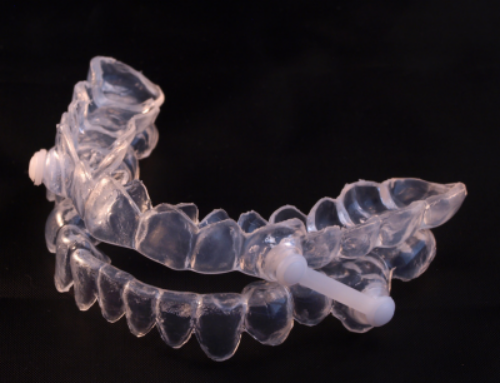Sleep is essential for maintaining good physical and mental health. However, the amount of sleep a person needs varies depending on their age. In this blog, we will discuss the CDC’s recommended hours of sleep per day based on age and the consequences of not getting enough sleep.
Newborns (0-3 months)
Newborns need the most sleep, as their bodies and brains are developing rapidly. They require 14-17 hours of sleep per day, but it is often not in one continuous stretch.
Infants (4-11 months)
Infants require 12-16 hours of sleep per day, including naps. They may still wake up frequently during the night to feed.
Toddlers (1-2 years)
Toddlers need 11-14 hours of sleep per day, including naps. It is important to establish a consistent sleep routine to help them develop healthy sleep habits.
Preschoolers (3-5 years)
Preschoolers require 10-13 hours of sleep per day, including naps. They may start to resist naps, but it is important to ensure they are still getting enough rest.
School-age children (6-13 years)
School-age children need 9-12 hours of sleep per day. This can be difficult to achieve due to the demands of school and extracurricular activities.
Teenagers (14-17 years)
Teenagers require 8-10 hours of sleep per day. However, many teenagers struggle with getting enough sleep due to schoolwork, social activities and electronic device use.
Adults (18-64 years)
Adults need 7-9 hours of sleep per day. However, many adults struggle with sleep due to work demands, stress and lifestyle factors.
Older adults (65+ years)
Older adults require 7-8 hours of sleep per day. However, they may experience changes in sleep patterns and struggle with falling asleep or staying asleep.
Consequences of Not Getting Enough Sleep
Not getting enough sleep can have serious consequences, including:
- Impaired cognitive function and memory
- Mood changes and irritability
- Increased risk of accidents and injuries
- Weakened immune system
- Increased risk of chronic health conditions, including obesity, diabetes and cardiovascular disease
Getting enough sleep is essential for good health and well-being. The amount of sleep a person needs varies depending on their age, and it is important to establish healthy sleep habits early on. If you are not getting enough sleep, it is important to speak with a healthcare provider to rule out any underlying medical conditions and to discuss strategies for improving sleep.
How We Can Help
Our experienced team of dentists at Virginia Sleep & TMJ Therapy has undergone extensive training in sleep disorders and is here to help you get the restful, quality sleep you deserve. After all, better sleep can lead to a better quality of life. To request an appointment with our team, call us at (804) 729-3474 or fill out our online appointment request form.




